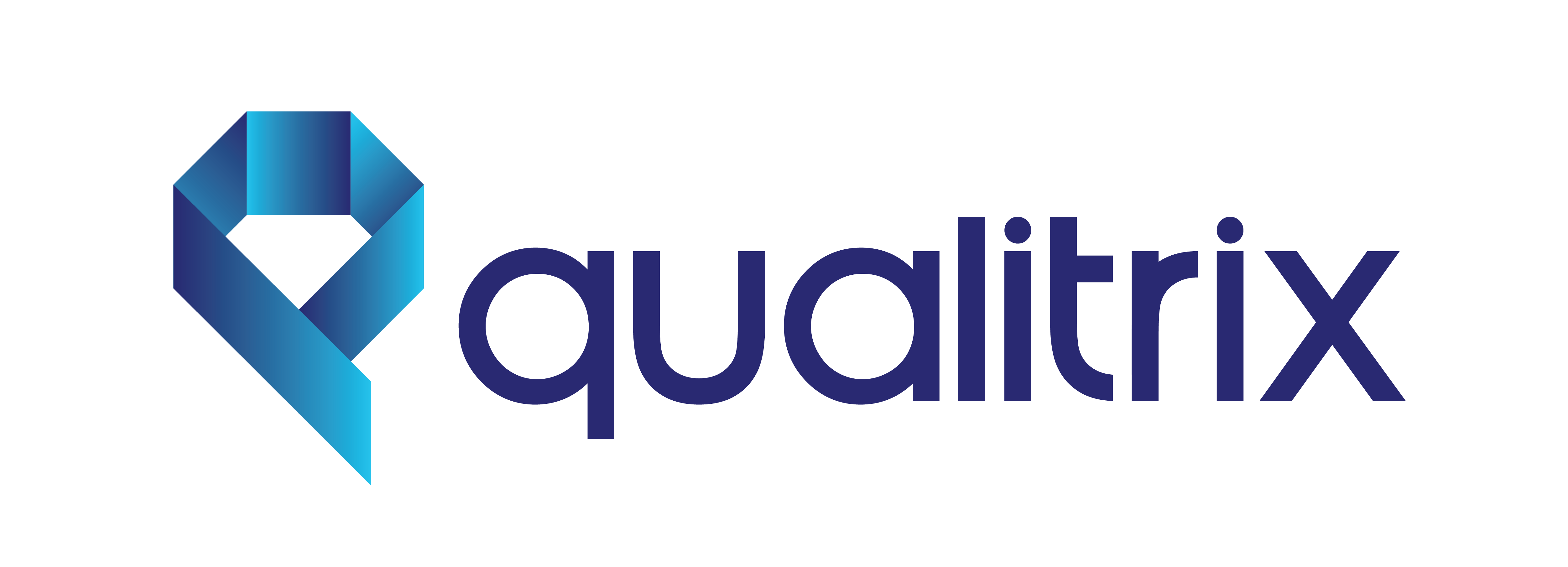Introduction
As technology continues its relentless evolution, the future of Test Automation and Quality Assurance (QA) stands at the intersection of unprecedented possibilities. The emergence of Artificial Intelligence (AI) and Machine Learning (ML) is reshaping the testing landscape, challenging conventional practices, and unlocking new realms of efficiency and innovation. In this blog, we will embark on a journey into the future, exploring how AI and ML are poised to redefine Test Automation and QA.
1. Automated Test Case Generation: Unleashing Algorithmic Intelligence
Traditional test case creation often involves manual efforts to identify critical scenarios and potential edge cases. In the future, AI and ML algorithms will play a pivotal role in automated test case generation. By analyzing vast datasets and learning from historical testing patterns, these algorithms can intelligently identify scenarios that might be overlooked by manual testing, leading to more comprehensive test coverage.
2. Intelligent Test Scripting and Maintenance: Dynamic Adaptability
One of the perennial challenges in test automation is the maintenance of test scripts, especially when faced with frequent code changes. The future of test automation involves AI-driven intelligent test scripting tools that dynamically adapt to changes in the application code. These tools will leverage machine learning to understand the application structure and proactively adjust test scripts, reducing the maintenance overhead and enhancing the resilience of the testing process.
3. Predictive Analysis for Defect Prevention: Proactive Risk Mitigation
Beyond mere defect detection, the integration of AI in QA will introduce predictive analysis. Machine learning models will analyze historical defect data, identifying patterns and trends that could indicate potential risks. By foreseeing potential issues, development teams can proactively address them, preventing defects before they manifest. This shift towards defect prevention not only saves time and resources but also fosters a more robust and efficient software development lifecycle.
4. Efficient Test Execution and Prioritization: AI-Driven Optimization
In the future, AI-driven algorithms will optimize the test execution process by intelligently prioritizing test cases based on criticality and impact. These algorithms will analyze historical data, user behavior, and application usage patterns to determine the most crucial functionalities. By prioritizing tests intelligently, development teams can streamline the testing process, focusing on high-impact areas and ensuring a faster and more effective feedback loop.
5. Automated Bug Detection and Root Cause Analysis: Accelerating Debugging
Swift bug identification and resolution are pivotal in software development. AI-powered tools will automate the detection and reporting of anomalies during testing. Moreover, machine learning algorithms will assist in root cause analysis, helping QA teams pinpoint the exact source of a problem. This not only accelerates the debugging process but also enhances the overall efficiency of software development.
6. Natural Language Processing (NLP) for Requirement Understanding: Bridging Communication Gaps
The translation of requirements into test cases has long been a challenge in QA. The future will witness the integration of Natural Language Processing (NLP) algorithms, enabling machines to comprehend and extract relevant information from textual requirements. This will streamline the test case creation process, reducing the likelihood of misinterpretation or omission of critical details. NLP will foster better communication between development and testing teams, enhancing collaboration and understanding.
7. Performance Testing Optimization: AI’s Role in Scalability and Robustness
AI and ML will play a pivotal role in optimizing performance testing. These technologies will simulate real-world scenarios, predicting how an application will perform under different conditions. By analyzing large datasets, machine learning algorithms will identify performance bottlenecks and suggest optimizations, leading to more robust and scalable software. AI’s role in performance testing ensures that applications not only meet but exceed performance expectations.
8. Continuous Testing and Continuous Integration: Data-Driven Decisions
The integration of AI and ML into continuous testing and continuous integration processes will accelerate the feedback loop. Automated analysis of test results, coupled with machine learning algorithms, will identify patterns and trends over time. This continuous feedback loop will empower development teams to make data-driven decisions, fostering a culture of continuous improvement and ensuring ongoing enhancements in software quality.
9. Behavioral Testing with AI: User-Centric Scenarios
AI-driven tools will excel in simulating user behavior and interactions with applications. This will enable comprehensive testing of user interfaces and experiences, going beyond traditional testing methodologies. By mimicking real-world scenarios, these tools will ensure that applications meet user expectations and function seamlessly across different environments. Behavioral testing with AI will focus on user-centric scenarios, guaranteeing a positive and intuitive user experience.
10. Security Testing Reinforcement: AI Against Cyber Threats
The complexity of modern software applications exposes them to security vulnerabilities. AI and ML will play pivotal roles in enhancing security testing by identifying potential threats, vulnerabilities, and anomalies in the code. Machine learning algorithms will learn from historical data to recognize patterns associated with security risks, enabling more effective security testing. The incorporation of AI will reinforce security measures, fortifying the software against potential cyber threats and ensuring the integrity of sensitive data.
Conclusion: Pioneering the Future of Software Testing
The future of Test Automation and QA is marked by the convergence of human ingenuity and artificial intelligence. As organizations embrace these cutting-edge technologies, they are not merely adapting to change; they are pioneering the future of software development. The symbiotic relationship between human expertise and AI capabilities will redefine the efficiency, accuracy, and innovation levels achievable in software testing. As we navigate the uncharted territories of the AI and ML era, the trajectory of Test Automation and QA is poised to soar to new heights, propelling the software industry into an era of unparalleled excellence and reliability.

